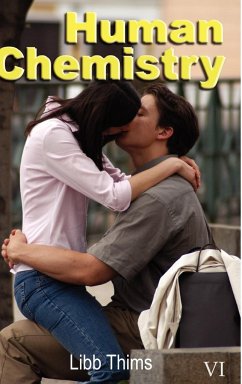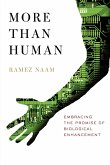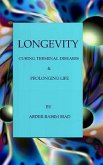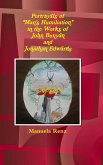Human chemistry is the study of bond-forming and bond-breaking reactions between people and the structures they form. People often speak of having either good or bad chemistry together: whereby, according to consensus, the phenomenon of love is a chemical reaction. The new science of human chemistry is the study of these reactions. Historically, human chemistry was founded with the 1809 publication of the classic novella Elective Affinities, by German polymath Johann von Goethe, a chemical treatise on the origin of love. Goethe based his human chemistry on Swedish chemist Torbern Bergman's 1775 chemistry textbook A Dissertation on Elective Attractions, which itself was founded on Isaac Newton's 1687 supposition that the cause of chemical phenomena may 'all depend upon certain forces by which the particles of bodies, by some causes hitherto unknown, are either mutually impelled towards each other, and cohere in regular figures, or are repelled and recede from one another'; which thus defines life.
Hinweis: Dieser Artikel kann nur an eine deutsche Lieferadresse ausgeliefert werden.
Hinweis: Dieser Artikel kann nur an eine deutsche Lieferadresse ausgeliefert werden.








